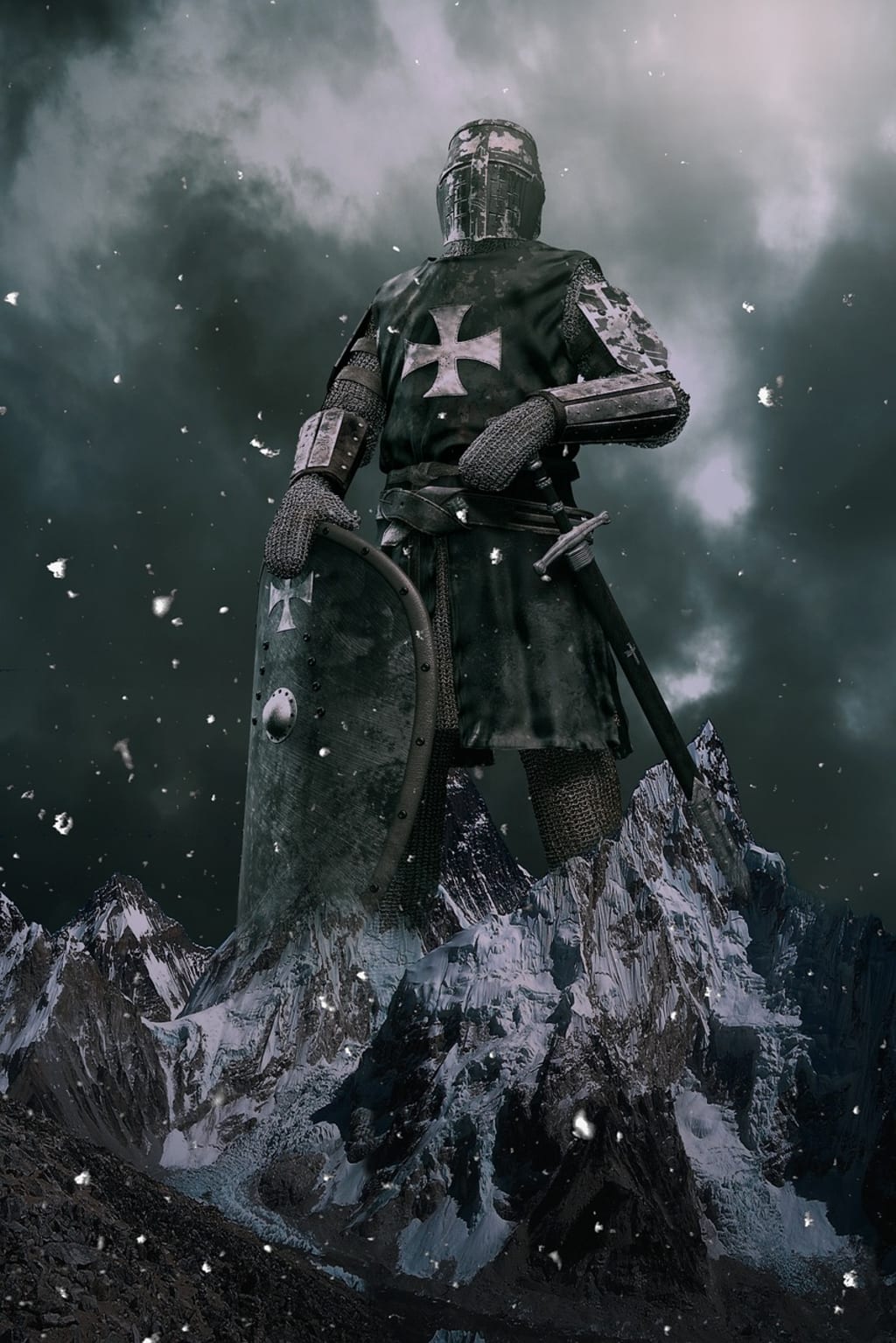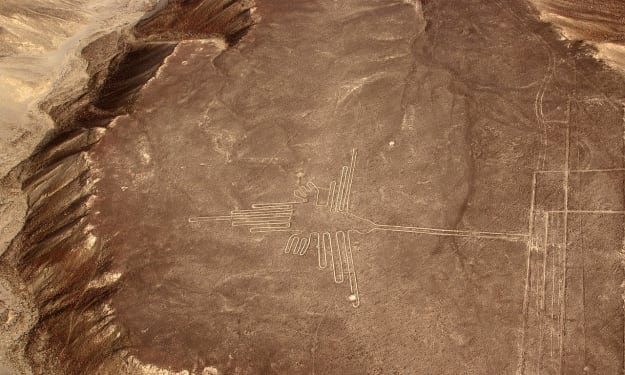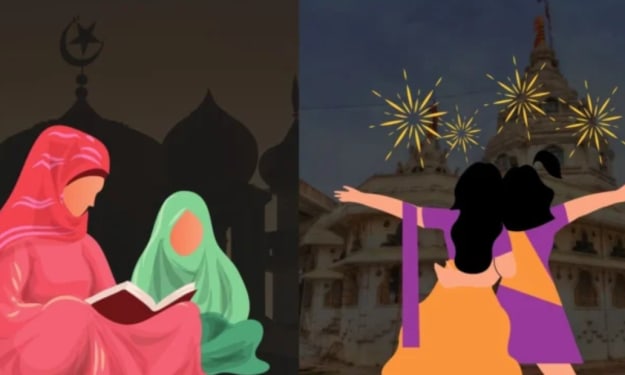
In the annals of history, few organizations have captured the imagination quite like the Knights Templar. Renowned for their valor on the battlefield and their unwavering commitment to their cause, the Templars left an indelible mark on the medieval world. Yet, behind their formidable military reputation lies a lesser-known but equally significant aspect of their legacy: their sophisticated financial network.
Founded in the aftermath of the First Crusade, the Knights Templar quickly rose to prominence as defenders of the Christian faith and guardians of pilgrims traveling to the Holy Land. Their iconic red cross emblazoned on white tunics became a symbol of hope and salvation in a world torn apart by religious strife and conflict. However, it was not just their military prowess that set the Templars apart; it was their visionary approach to finance and commerce that truly distinguished them from their contemporaries.
At a time when banking was in its infancy and international trade routes were fraught with danger, the Templars offered a safe haven for those seeking to safeguard their wealth and conduct business across borders. Their network of fortified castles and monasteries served as secure repositories for gold, silver, and precious jewels, while their system of letters of credit allowed travelers to access funds without the need for cumbersome physical currency.
The Templars' financial acumen was matched only by their organizational efficiency. Under the leadership of their Grand Masters, such as Hugues de Payens and Jacques de Molay, the order expanded rapidly, establishing a presence in virtually every corner of Europe and the Levant. Their members, drawn from the ranks of the nobility and clergy, were sworn to lives of poverty, chastity, and obedience, bound by a code of honor that transcended personal ambition and worldly desires.
Yet, for all their wealth and power, the Templars were not immune to the vagaries of politics and intrigue. In the early 14th century, as the Crusader states in the Holy Land began to crumble and the power of the Church waned, the order found itself increasingly at odds with secular rulers and rival factions within the clergy. Accusations of heresy and blasphemy, fueled by envy and greed, were leveled against the Templars, casting a shadow of suspicion over their once-illustrious reputation.
The events of October 13, 1307, marked the beginning of the end for the Knights Templar. On orders from King Philip IV of France, hundreds of Templar knights and leaders were arrested, tortured, and forced to confess to crimes they did not commit. Their assets were seized, their properties confiscated, and their order disbanded by papal decree. In the years that followed, the Templars were hunted down, their leaders executed, and their legacy all but erased from history.
The demise of the Knights Templar serves as a cautionary tale of the dangers of unchecked power and the precariousness of challenging established authority. The order's vast wealth and influence, once the envy of kings and nobles, ultimately proved to be their undoing. Yet, despite their tragic fate, the Knights Templar live on in the annals of legend and lore. From the pages of medieval chronicles to the silver screen, their story continues to captivate the imagination of scholars and storytellers alike.
Whether portrayed as valiant heroes or shadowy conspirators, the Templars remain an enduring symbol of courage, honor, and sacrifice in the face of adversity. In the end, it is perhaps this enduring legacy that is the true measure of their wealth and power. For though their earthly treasures may have been lost to the sands of time, their spirit lives on, a beacon of hope in a world still grappling with the mysteries of the past. And as long as there are those who seek truth and justice in the face of tyranny and oppression, the memory of the Knights Templar will endure, a testament to the enduring power of the human spirit.
About the Creator
Marveline Merab
“History never repeats itself. Man always does.”
― Voltaire
Enjoyed the story? Support the Creator.
Subscribe for free to receive all their stories in your feed. You could also pledge your support or give them a one-off tip, letting them know you appreciate their work.






Comments (1)
Do you think what happened to them was fair?